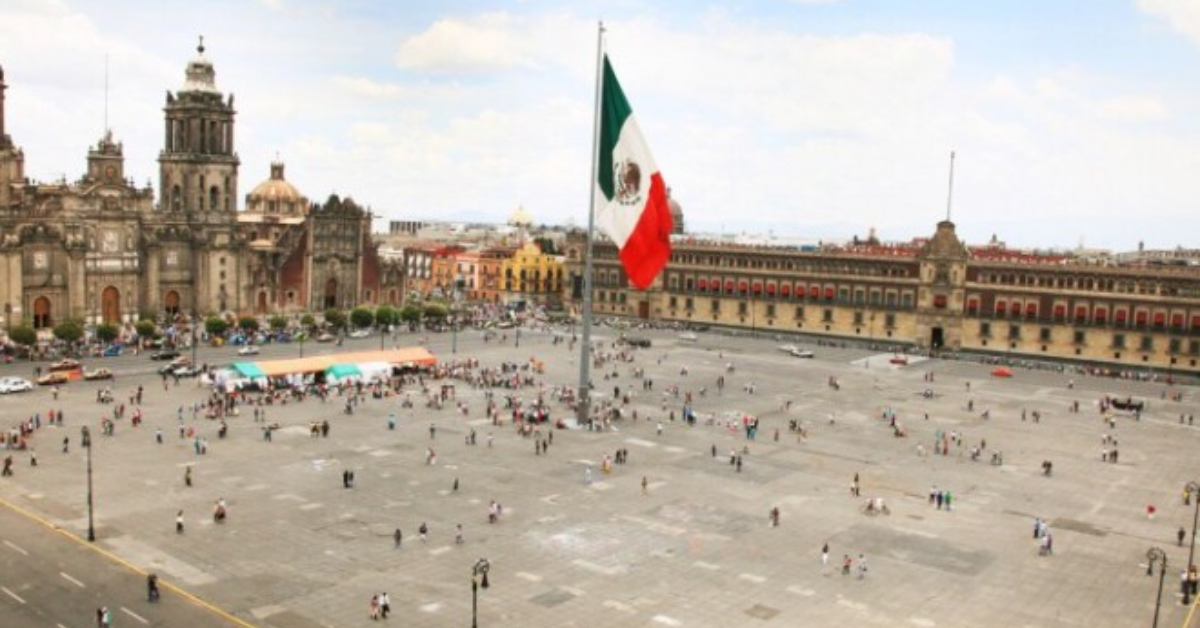As the 2024 Mexican presidential election looms, experts warn of an escalating wave of fake news and disinformation online. Alarmingly, some of these false claims seem to have roots in the party in power, with President Andrés Manuel López Obrador among those implicated.
Fake news has always found its way into Mexico’s electoral campaigns, and the current election cycle is no exception.
Starting in June, when the ruling Morena party and key opposition parties began their candidate selection for the 2024 showdown, The Associated Press Spanish-language fact-checking team identified around 40 fake publications on social media, targeting or promoting figures from both political factions.
Observers and scholars express particular concern over instances where President López Obrador made baseless allegations against opposition members.
Manuel Alejandro Guerrero, a professor at Universidad Iberoamericana, Mexico City, remarked, “Clearly the president has been a factor in generating the type of misinformation that ends up being polarizing.”
One notable case involves López Obrador and his supporters accusing Xóchitl Gálvez, a then-potential opposition presidential contender, of intending to terminate numerous social programs initiated by his administration if she won the election. Gálvez swiftly refuted these claims and, in June, secured a judicial order ensuring her right to retort during one of the president’s daily briefings. She soon after officially entered the race, representing a coalition of the PRD, PAN, and the longstanding PRI parties.
Morena declined to comment when asked about allegations of propagating falsehoods about opposition members.
AP’s fact-checking team recently uncovered multiple fake posts on X (previously known as Twitter) and Facebook, falsely alleging Gálvez’s intention to cease the president’s social welfare programs if elected. A majority of these deceitful posts originated from accounts linked to Morena or López Obrador. In contrast, some targeted Claudia Sheinbaum, a lead Morena presidential candidate, falsely asserting she was born in Bulgaria.
In response, Sheinbaum used her platforms to counteract the false news, even publicizing her birth certificate in a campaign video, verifying her Mexico City birth.
In June, Coahuila, a northern state, experienced a deluge of fake news during a local election. The INE, Mexico’s electoral authority, was the subject of numerous misleading posts, including claims of erasable voting markers enabling double voting and potential electoral fraud. This claim, already debunked by AP during the 2021 midterms, reemerged.
Karen Lomelí from the PAN accuses the government and ruling party of employing “bots” to circulate lies about the opposition. “We live in a very polarized country,” she commented, predicting a rise in such tactics.
For Guerrero and fellow scholars, this onslaught of fake news and electoral disinformation will intensify in the race to 2024.
“The risk of disinformation in contexts of low democratic institutional strength, like in Mexico and several Latin American nations, is the inability to foster agreements among political factions,” Guerrero cautioned. “There’s simply too much noise.”
As the 2024 Mexican presidential election looms, experts warn of an escalating wave of fake news and disinformation online. Alarmingly, some of these false . . .












